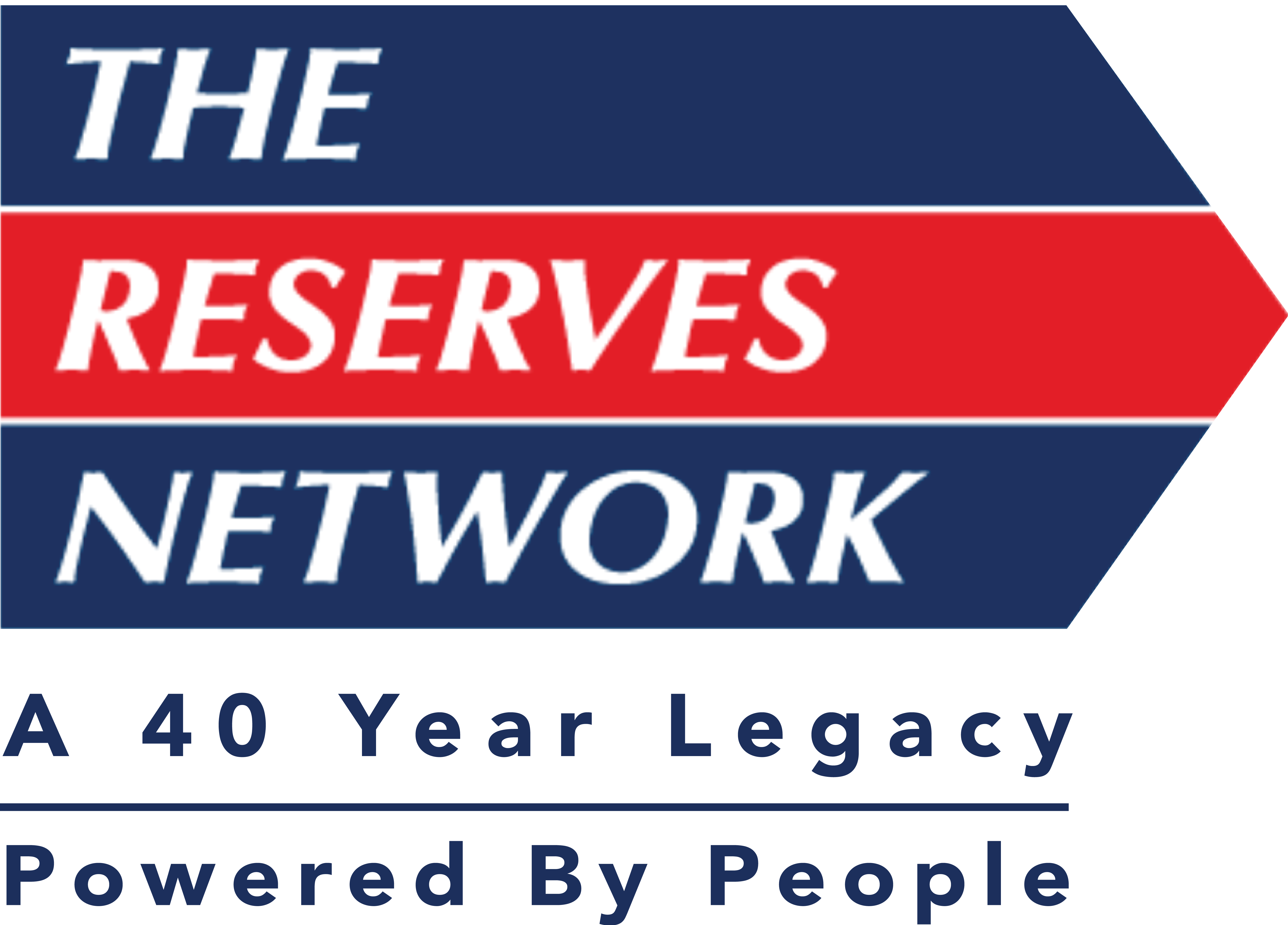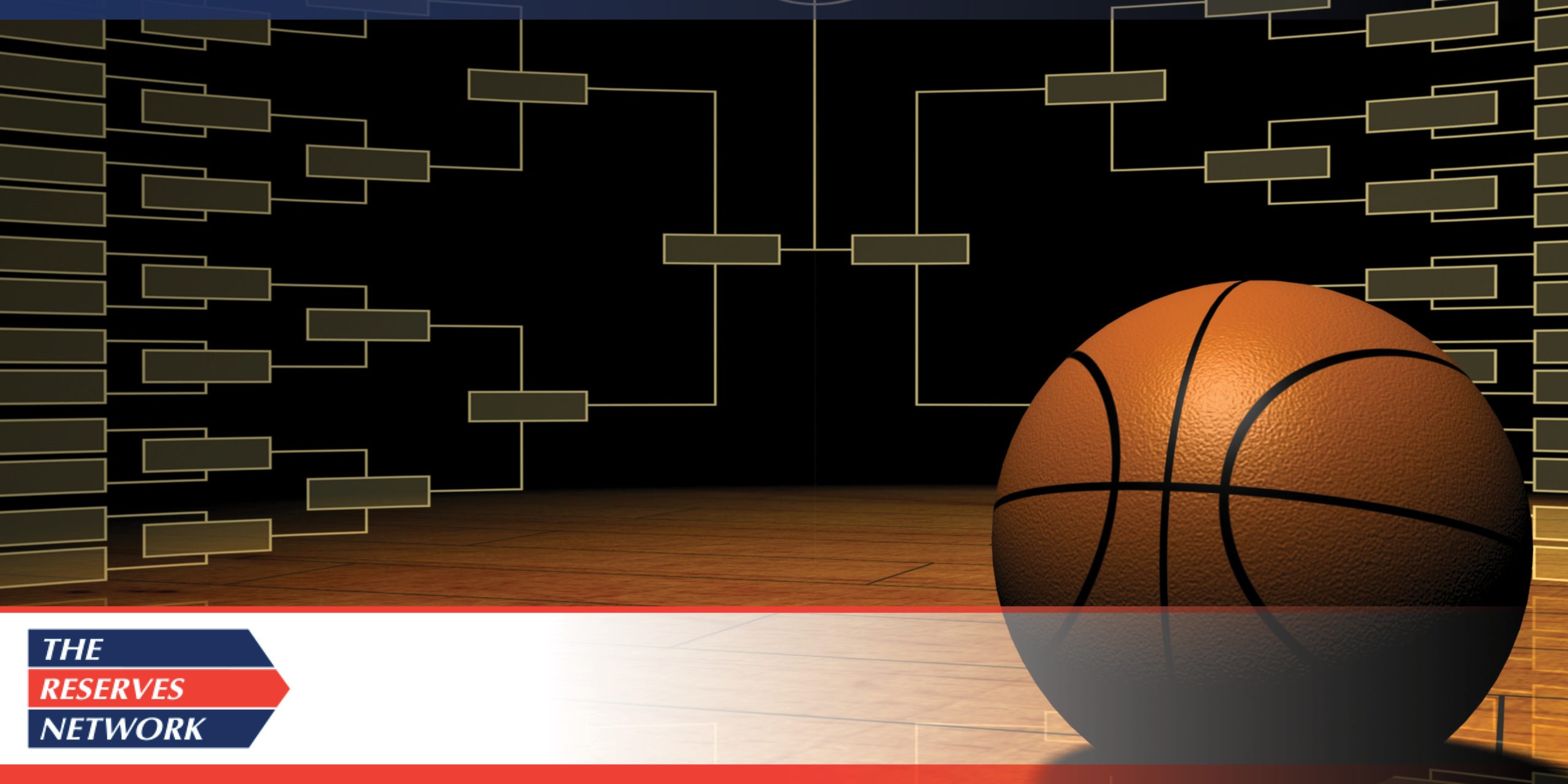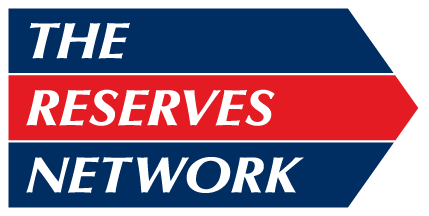How Much Does March Madness Affect Productivity?
Every spring, millions of Americans of all ages, genders, income levels and backgrounds get caught up in March Madness. Sixty-eight NCAA men’s basketball teams compete for three weeks to determine which college will come out on top. During the first two weeks of the tournament, many games are played during the workday, which means employee attention isn’t always on their jobs. So, just how much productivity is lost during this annual sports phenomenon?
March Madness Costs Billions in Productivity
Most of the people who watch the NCAA tournament fill out brackets in pools with family, friends, and coworkers, hoping to win the pot. Because the first rounds of March Madness typically start around lunchtime EST on a weekday, people across the country call in sick, take long lunches or sneak in a little live streaming at their desks.
According to a 2019 study by Challenger, Gray & Christmas, 75 million Americans will spend six hours of on-the-clock work time on activities related to March Madness throughout the duration of the tournament. Those hours, according to the study add up to $13.3 billion in productivity losses.
March Madness Can Be a Morale Booster
In light of those staggering numbers, should employers ban all March Madness activities from the workplace? Not necessarily. In fact, many productivity experts say employers should actually embrace March Madness as a way to boost morale and camaraderie.
According to a 2018 study by Kimble Applications, 54% of American workers viewed March Madness pools and other company-sponsored sports competitions as a positive influence on workplace culture. Work pools, watch parties at lunch, happy hours and other activities can facilitate bonding, whereas attempts to squash March Madness activities will cause employees to feel less engaged.
Banning an activity like March Madness can lower morale and have a negative impact on loyalty. Helping employees form bonds and have some fun at work will boost engagement and a sense of team long after the tournament ends, which far outweighs any short-term benefit the company would get by banning basketball in March.
The best way to handle it is to be supportive while setting clear expectations about workplace productivity during the tournament. Allow employees to work in the evening if they take some time off during the day or encourage them to work ahead in the weeks leading up to the tournament.
Looking for More Tips on Team Engagement? Contact The Reserves Network!
If you are looking for new ways to boost productivity and engagement at your workplace, The Reserves Network can help. Contact our recruiting experts today to learn how we can help you maintain peak productivity through talent.



